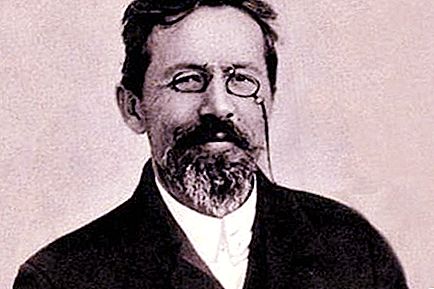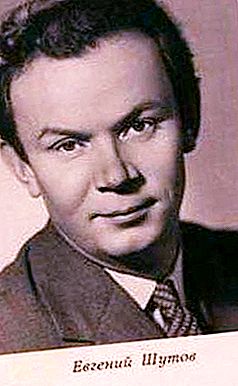The persistent expressions that the Russian language is so rich in make our speech expressive and capacious. Thanks to them, we can convey our thoughts more deeply and vividly, therefore they are so valuable.
In addition, each of them has an extraordinary history of origin. Thanks to phraseologisms, we not only expand our vocabulary. When studying them, we become more erudite, we learn a lot about history and literature.
In this article, we will look at the enduring expression "to grandfather's village." Note that it means where appropriate. And, of course, dive into the history of its origin. Although, most likely, it is known to many readers, because the expression is still relevant and not outdated over time.
"To the village of grandfather": the meaning of phraseology
To interpret this expression, we turn to authoritative dictionaries. They most accurately convey their meaning. Let us first turn to the explanatory dictionary of S.I. Ozhegova. When considering the word "village" he did not forget to mention the expression "to the village of grandfather." The meaning of phraseology in it is "at a deliberately incomplete, inaccurate address." It is noted that the expression has a conversational style.

We also turn to a more specialized dictionary - phraseological, edited by Stepanova M.I. In it, the author also did not miss the steady turn "to the village of grandfather." The meaning of phraseology in this dictionary is “unknown to where”. It is noted that the expression is ironic.
Both interpretations are similar to each other. Undoubtedly, the expression means an unknown address.
"To the village of grandfather": the origin of phraseology
The etymology of stable expressions is diverse. Some turns are folk sayings, others are associated with legends and historical events, and others are with literary works.
The expression we are considering appeared in 1886. It was then that the story of A.P. Chekhov "Vanka" came out. This expression went from there.

In this sad story, the main character - an orphan Vanka - writes a letter to his grandfather. In it, he describes his hardships of life with the shoemaker to whom he is attached. He asks to pick it up, recalls the happy moments of life in the village. However, Vanka does not know the address where to send the letter. He simply writes "To the village of Grandfather Konstantin Makarych." So this phrase appeared and immediately took root.
It is worth noting that many remember this heartbreaking story thanks to this expression. He shows all the hopelessness of the position of the orphan. The boy does not even know the address of his home and cannot return there. The reader understands that Vanka’s hopes that his grandfather will read the letter, take pity on him and pick him up will not come true. His words will not reach the old man, and he will have to live in such difficult conditions further.




